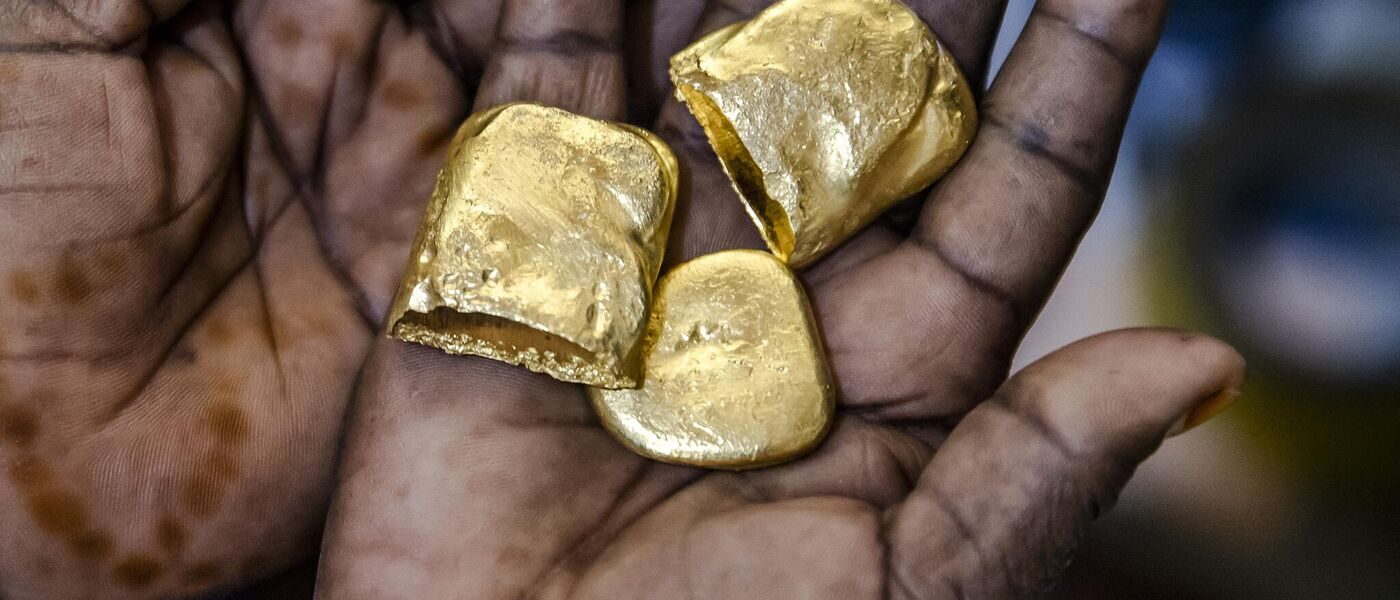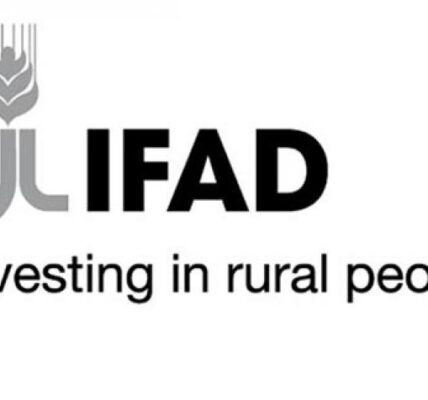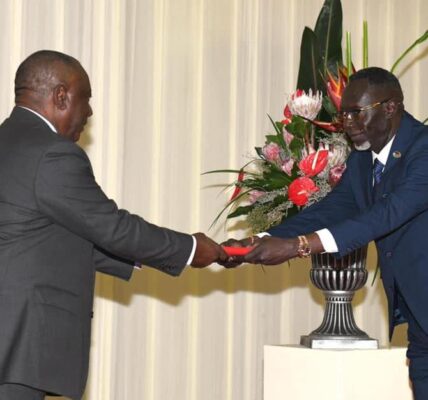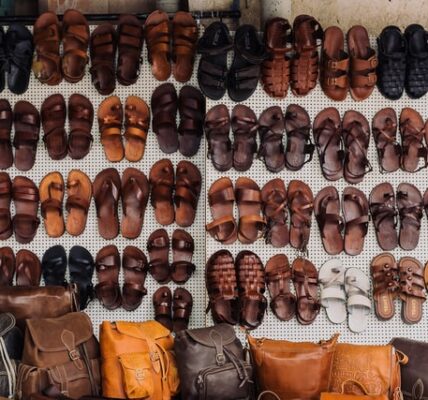Economic analysts and gold exporters in Sudan have praised the Central Bank of Sudan’s (CBS) decision to lift its monopoly over gold exports, calling it a step toward restoring transparency and market efficiency. The Gold Exporters Division described the move as a “return to what is right,” acknowledging that the previous policy had drained public revenues and benefited a small circle of influential firms. According to the division, Sudan exported 53 tons of gold worth $6 billion in the first nine months of this fiscal year, yet only $1 billion reached the state treasury.
In a statement signed by its head, Abdul-Moneim Al-Siddiq, the division accused politically connected entities of exploiting export loopholes to seize nearly $5 billion in lost revenue. It urged the Central Bank to ensure equal treatment for all exporters and avoid linking gold exports to the import of commodities, which it said had fueled corruption and inefficiency. The division called for stricter oversight and direct management of exports to prevent future resource mismanagement.
Industry leaders and economists expressed optimism that the decision would reverse recent declines in gold supply and curb smuggling. Gold Division leader Atef Abdel Qader said the previous monopoly had reduced daily gold supply in Port Sudan markets from up to 150 kilograms to as little as five, while Central Bank Consultant Anwar Mohamed Hamed Elias noted that opening exports would attract investment, boost foreign currency inflows, and strengthen public revenues.
Academic analyst Mohamed Al-Nayer viewed the move as a necessary interim measure, urging the government to establish a national gold exchange in Khartoum next year. He argued that an organized gold market would stabilize policies, promote transparency, and ensure that Sudan’s vast gold resources contribute directly to rebuilding the economy and strengthening the local currency.





